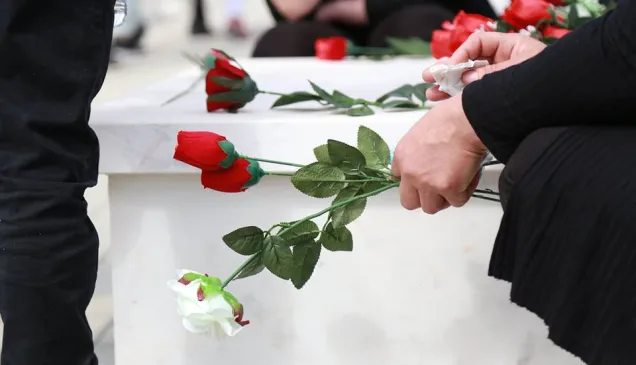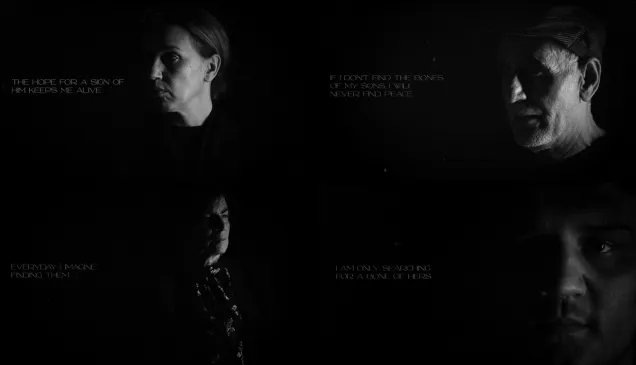More needs to be done to clarify the fate of over 1,600 people missing in relation to conflict in Kosovo
Belgrade/Pristina/Geneva (ICRC) – 1,658 people who went missing in connection with the 1998–1999 armed conflict in Kosovo are still being sought by their families. In recent years, very little progress has been made in ascertaining their fate; in fact, the process has slowed down considerably.
The years go by, but the passage of time does nothing to ease the pain of the families. Many of them are growing old and frail,' said Christine Beerli, vice-president of the International Committee of the Red Cross (ICRC). "They have a right to know what happened to their relatives. Their suffering must not be ignored.
Ms Beerli was speaking to the participants of a round-table that took place today at the ICRC's headquarters in Geneva. The round-table was convened to revive the issue of missing people – a matter of great humanitarian concern, and a source of considerable anguish to the families concerned – and to discuss what must be done next. It was attended by members of the Belgrade and Pristina delegations to a working group on missing people and by representatives of associations of missing people's families. The working group was established in 2004 and is chaired by the ICRC. Over 1,800 cases of missing people have been resolved through its efforts.
Authorities on both sides must step up their efforts, as per their obligations, and do everything possible to obtain all the information necessary," Ms Beerli said. "And the international community must do more to support the humanitarian efforts of these authorities.
At the round-table, the ICRC reiterated its commitment to providing answers for the families of missing people. In the past eight years, information obtained by the ICRC from national and international archives played a crucial role in more than 70% of all the cases of missing people that were resolved. The ICRC also pledged to devote more resources to archival research in the future; in this connection, it said that it was counting on the cooperation and the support of all those concerned. The authorities in Belgrade and Pristina were urged to take the steps necessary to hasten the tracing process, and to provide much-needed support for the working group.
For further information, please contact:
Gordana Milenkovic, ICRC Belgrade, tel: + 381 11 228 55 51 or +381 63 287 415
Albiona Musliu, ICRC Pristina, tel: + 381 38 220 384 114 or +377 44 195 664
Elodie Schindler, ICRC Geneva, tel: +41 22 730 21 86 or +41 79 536 92 48



